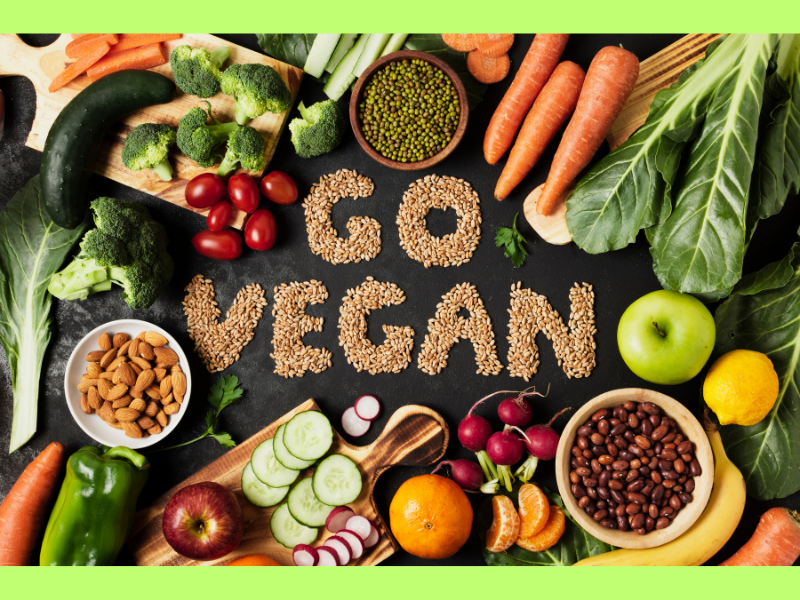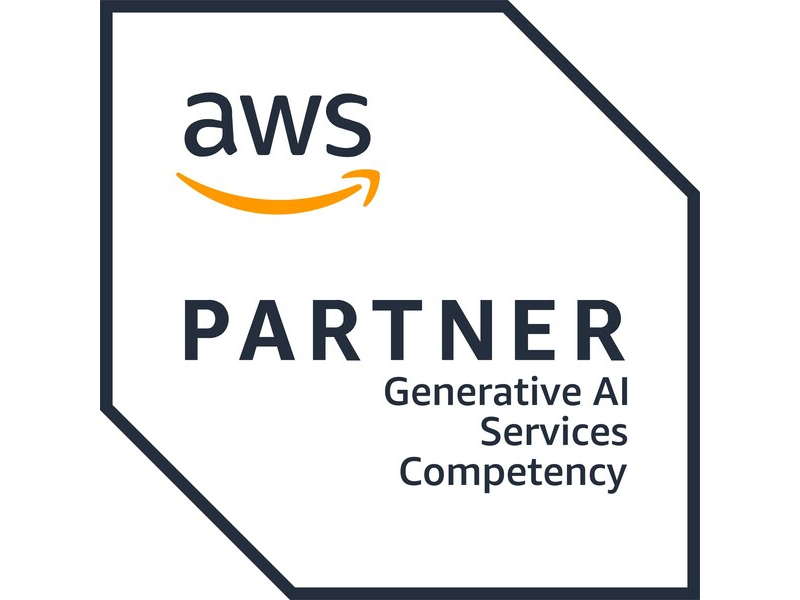Embracing a vegan lifestyle and phasing out dairy products isn’t just a dietary choice—it’s a commitment to a healthier and more ethical way of living. This approach benefits not only our health but also the environment and animal welfare.
Transitioning to a dairy-free, plant-based diet might seem daunting at first, but it’s a powerful step towards a sustainable future and optimal well-being. In this blog, we’ll explore the compelling reasons to go dairy-free and the profound impacts it can have on various aspects of your life.
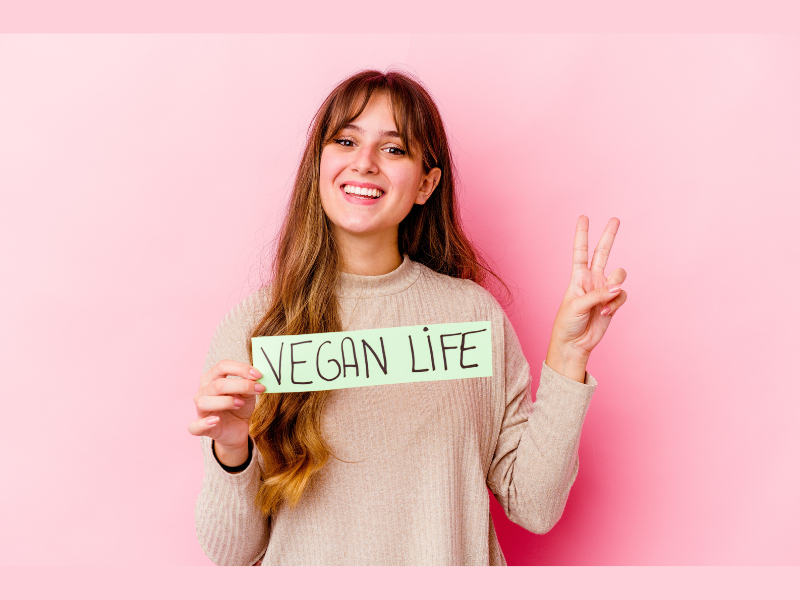
Table I – Difference Between A Vegetarian Meal And Vegan Diet
| Vegetarian | Vegan | Plant Based | Whole Food Plant Based | |
| Meat And Poultry | Maybe-FLEXITARIAN Or Semi-Vegetarians | No. Follows Strict Rules and Diet Restrictions | No. Follows Strict Rules and Diet Restrictions | No. Follows Strict Rules and Diet Restrictions |
| Seafood | May be PESCATARIAN or Flexitarians | No. Follows Strict Rules and Diet Restrictions | No. Follows Strict Rules and Diet Restrictions | No. Follows Strict Rules and Diet Restrictions |
| Dairy | Yes-LACTO-VEGETARIAN or Lacto Ovo-Vegetarians | No. Follows Strict Rules and Diet Restrictions | No. Follows Strict Rules and Diet Restrictions | No. Follows Strict Rules and Diet Restrictions |
| Eggs | Yes-Ovo Vegetarians/Flexitarians/Lacto-Ovo-Vegetarians | No. Follows Strict Rules and Diet Restrictions | No. Follows Strict Rules and Diet Restrictions | No. Follows Strict Rules and Diet Restrictions |
| Fruits | Yes | Yes | Yes | Yes |
| Vegetables | Yes | Yes | Yes | Yes |
| Legumes | Yes | Yes | Yes | Yes |
| Processed Foods | Yes | Yes | Yes | No-Health Focused Vegans |
| Oils | Yes | Yes | Yes | No-Health Focused Vegans |
Let’s ponder this interesting yet futuristic topic of the hour.
1. Benefits of Going Dairy-Free and Embracing a Vegan Lifestyle
Adopting a dairy-free, vegan lifestyle fosters a multitude of health benefits that can transform your well-being. Firstly, plant-based diets are known for being low in saturated fat and high in dietary fibre, which helps to improve heart health and regulate blood sugar levels.
Please note that plant-based diets are fortified with essential nutrients like antioxidants, vitamins, and minerals, boosting overall health and the immune system. Furthermore, the lack of dairy products lowers exposure to certain hormones and antibiotics that may be present in dairy cattle.
Table II- A Complete Vegan Food Chart With Key Sources
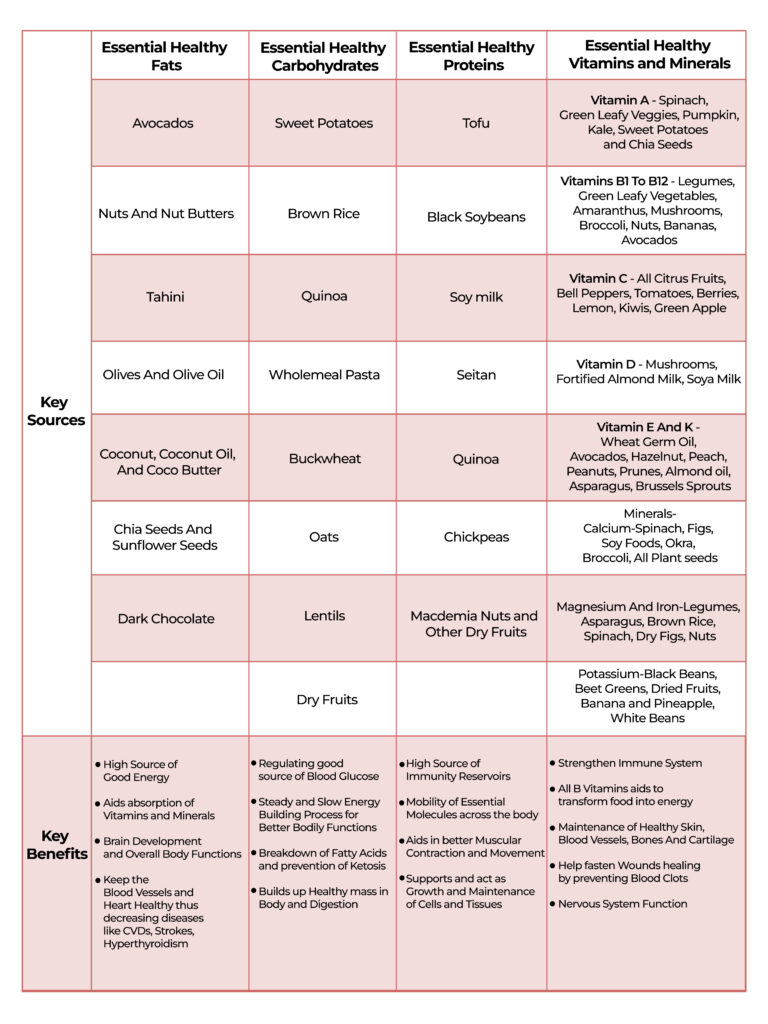
Studies have consistently shown that those who follow a vegan diet have a lower risk of developing chronic diseases such as hypertension, type 2 diabetes, and certain types of cancer.
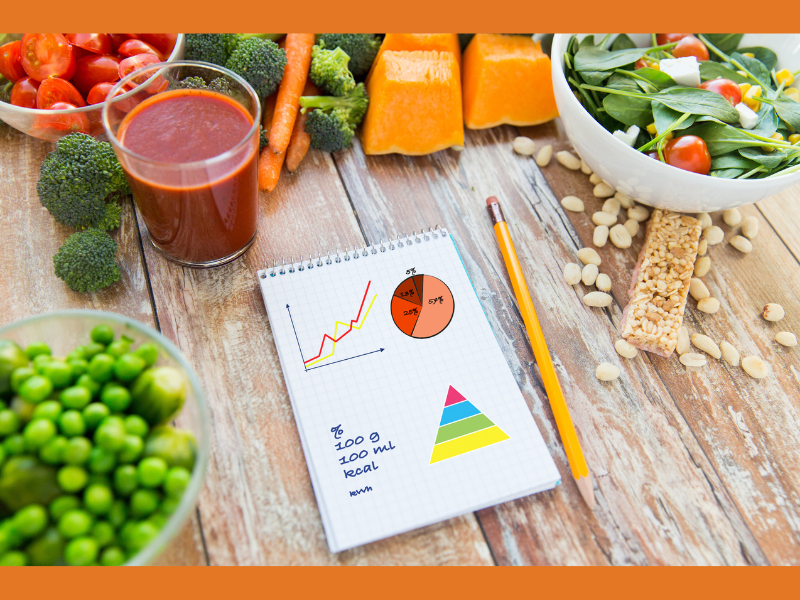
II) Ethical Reasons For Adopting A Vegan Lifestyle
Dairy farming, as per a survey, can contribute to deforestation, water scarcity, and high levels of greenhouse gas emissions. By opting for a vegan diet, we are reducing the impact on the planet and fostering a more humane approach to living that respects the lives and rights of all sentient beings.
By opting for dairy-free alternatives, we indirectly support industries that do not rely on animals. This choice fosters a more humane approach to our relationship with animals, aligning with a compassionate lifestyle that respects all living beings. Adopting a vegan diet thus becomes not only a personal health choice but also a profound ethical statement.
III) Alternative Sources Of Calcium And Nutrients
Transitioning to a dairy-free diet doesn’t mean compromising on your calcium intake or other critical nutrients. There are plentiful plant-based sources of calcium that can easily be incorporated into your diet. These include:
A. Fortified plant milk and juices, which offer a comparable amount of calcium per serving as dairy milk.
B. Almonds, sesame seeds, and tofu are not only calcium-rich but also provide additional nutrients like protein and healthy fats.
C. Additionally, to ensure adequate intake of Vitamin D, which aids calcium absorption, consider regular sun exposure or supplements as per your healthcare provider’s advice.
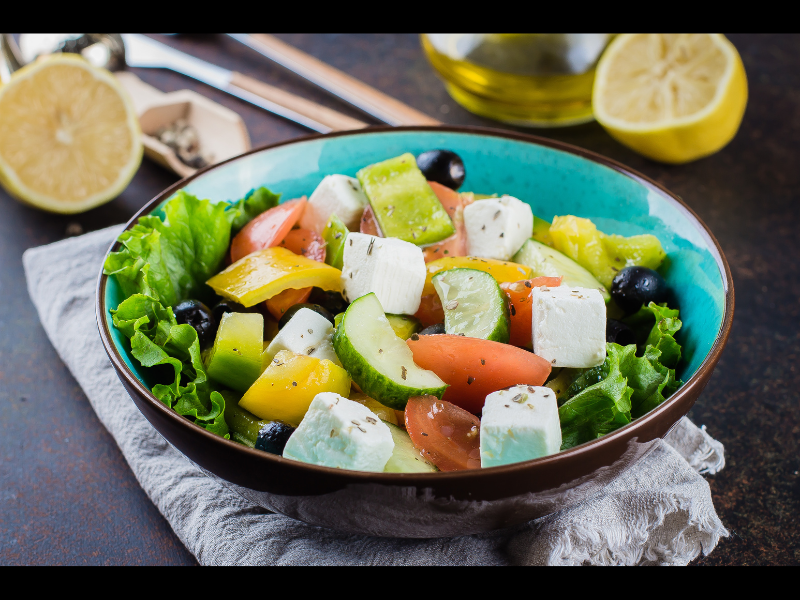
IV) Delicious Dairy-Free Recipes And Products To Try
Embracing a dairy-free lifestyle does not mean you have to miss out on flavour or even other varieties of recipes. Many delicious alternatives and substitutes offer the creamy texture and taste as compared with dairy products.
Experiment with coconut milk yoghurt, almond cheese, and cashew-based sour cream, which can be fantastic additions to your meals. Some must-try dairy-free recipes include:
A. Vegan mac and cheese made with nutritional yeast and cashew cream.
B. Creamy tomato soup with coconut milk.
C. Dairy-free chocolate mousse with avocados and cocoa.
Table III – Cow Milk And Other Plant Based Milk Sources-A Comparison
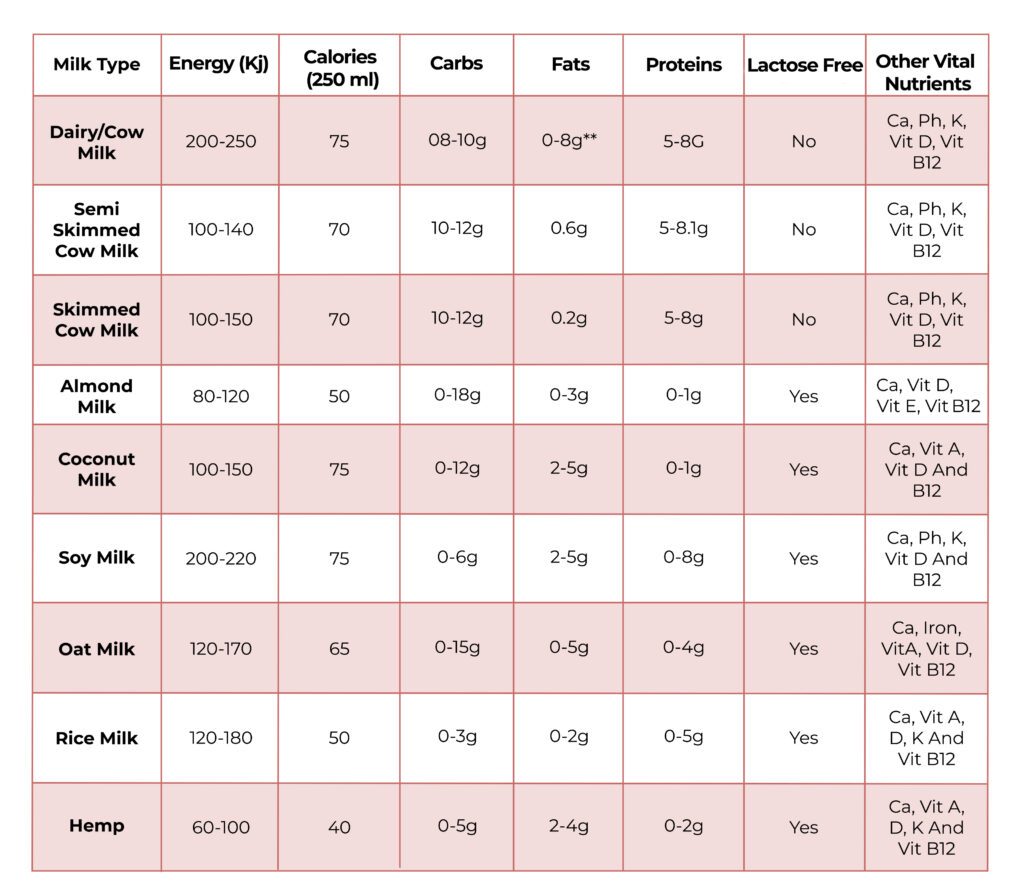
*Depends on whether the milk is sweetened or unsweetened.
**Depends on overall fat content of milk
Source: bucketlisttummy & businessinsider
V) Insights For transitioning To a Dairy-Free Lifestyle
Shifting to a dairy-free lifestyle can be a smooth and enjoyable process with the right approach:
A. Start by slowly substituting dairy products with vegan alternatives. For instance, replace cow’s milk with almond or soy milk.
B. Read labels carefully to avoid products that contain hidden dairy ingredients.
C. Join online forums and communities for support, recipes, and tips from others who lead dairy-free lives.
D. Educate yourself about the benefits and challenges of a dairy-free lifestyle to stay motivated and informed.
By adopting these practices, your transition to a dairy-free, vegan lifestyle can be not only successful but also deeply rewarding.

VI) Environmental Benefits of Reducing Dairy Consumption and Plant-Based Dairy Alternatives
Adopting a dairy-free lifestyle has profound environmental benefits that contribute to a more sustainable planet.
By reducing dairy consumption, individuals directly decrease the demand for these resources. As per a survey it may take approximately 4.5 gallons of water to produce just one gallon of milk. Shifting away from dairy to plant-based alternatives significantly reduces this water footprint.
Moreover, dairy farms may produce substantial amounts of methane, a potent greenhouse gas that contributes to climate change. Methane emissions from cattle are 28 times more potent at trapping heat in the atmosphere than carbon dioxide over a 100-year period. Therefore, reducing dairy intake can effectively decrease your carbon footprint, helping to combat global warming.
Conclusive Statement
Embracing a dairy-free vegan lifestyle is not just a diet change but a profound commitment to enhancing our health and making ethically sound choices that benefit the planet. The multitude of health benefits, ranging from improved heart health to better digestion, coupled with the crucial role it plays in animal welfare and reducing environmental impact, paints a compelling picture for anyone considering this lifestyle.
Whether prompted by health concerns, ethical reasons, or environmental considerations, adopting a vegan diet without dairy products pave way for a sustainable path and healthy existence. The road to a dairy-free vegan lifestyle requires commitment and continuous learning, but the benefits it brings are well worth the effort.
Blog by Medhaj Nair.
Want to read more articles related to vegan and other lifestyles? Then please visit these web pages:
SimplyV’s New Plant-Based Cream Cheese now Available in Grocery Retail Stores
Exploring Exotic Flavours: Plant-Based Culinary Adventures around the Globe
Top 10 trends in the global healthy food and beverage industry






